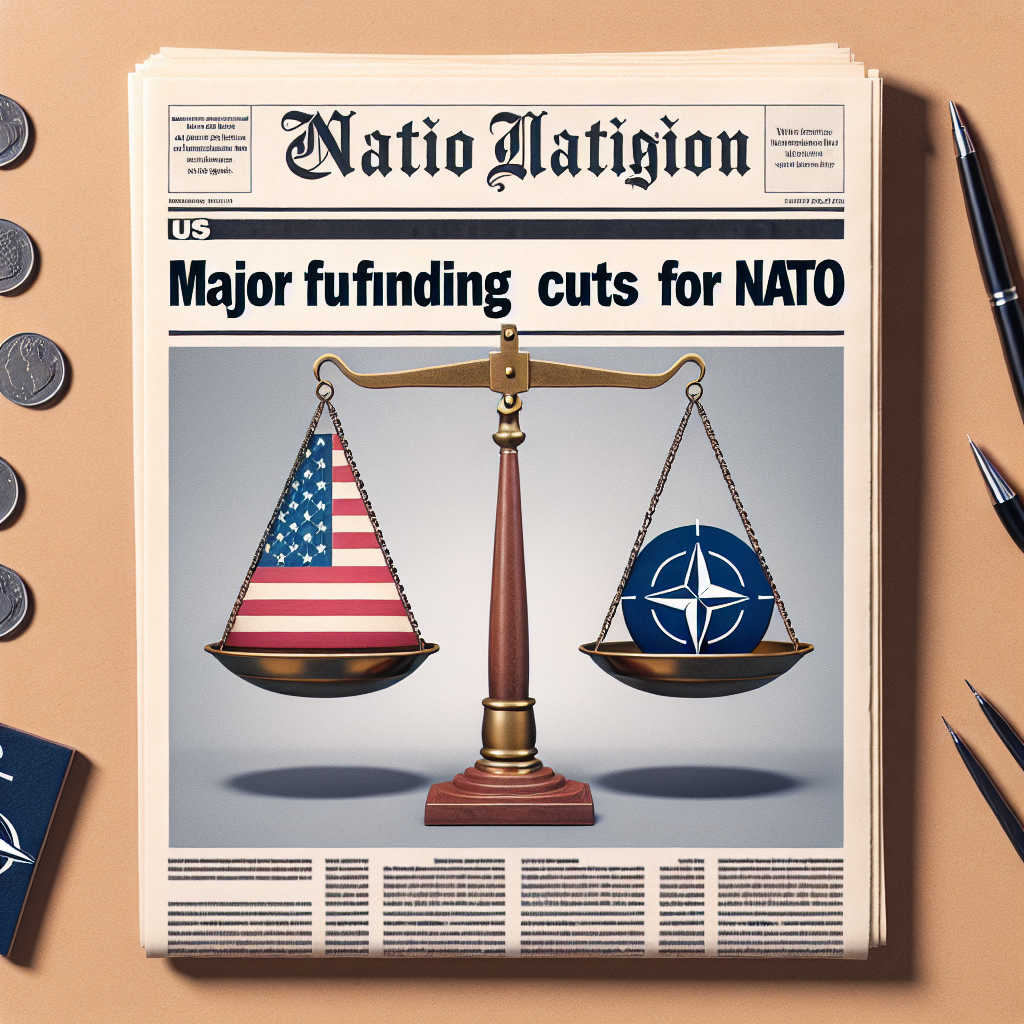US Weighs Major Funding Cuts for NATO – NYT
US Considers Significant Funding Reductions for NATO
Overview
The United States is contemplating substantial cuts to its financial contributions to the North Atlantic Treaty Organization (NATO), according to a report by The New York Times. This potential move has sparked discussions about the future dynamics of the alliance and the implications for global security.
Key Points
- Financial Contributions: The US currently covers approximately 22% of NATO’s direct funding, which supports the alliance’s operational budget, military infrastructure, and joint initiatives.
- Proposed Changes: The proposed cuts could significantly reduce the US’s financial commitment, potentially shifting more responsibility to European allies.
- Strategic Implications: This move may alter the balance of power within NATO, prompting European nations to increase their defense spending and take on a more prominent role in the alliance.
- Political Reactions: The proposal has elicited mixed reactions, with some viewing it as a necessary step towards equitable burden-sharing, while others express concern over weakening transatlantic ties.
Potential Consequences
The potential funding cuts could lead to several outcomes:
- Increased European Defense Spending: European NATO members may need to boost their defense budgets to compensate for reduced US contributions.
- Reevaluation of NATO’s Role: The alliance may need to reassess its strategic priorities and operational capabilities in light of changing financial dynamics.
- Impact on US-Europe Relations: The decision could strain diplomatic relations, as European allies may perceive it as a shift away from traditional US commitments to European security.
Conclusion
The US’s consideration of major funding cuts for NATO marks a pivotal moment for the alliance, with potential ramifications for global security and transatlantic relations. As discussions continue, the focus will be on how NATO adapts to these changes and the role each member nation will play in ensuring the alliance’s continued effectiveness.















